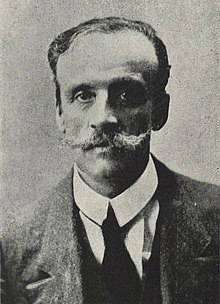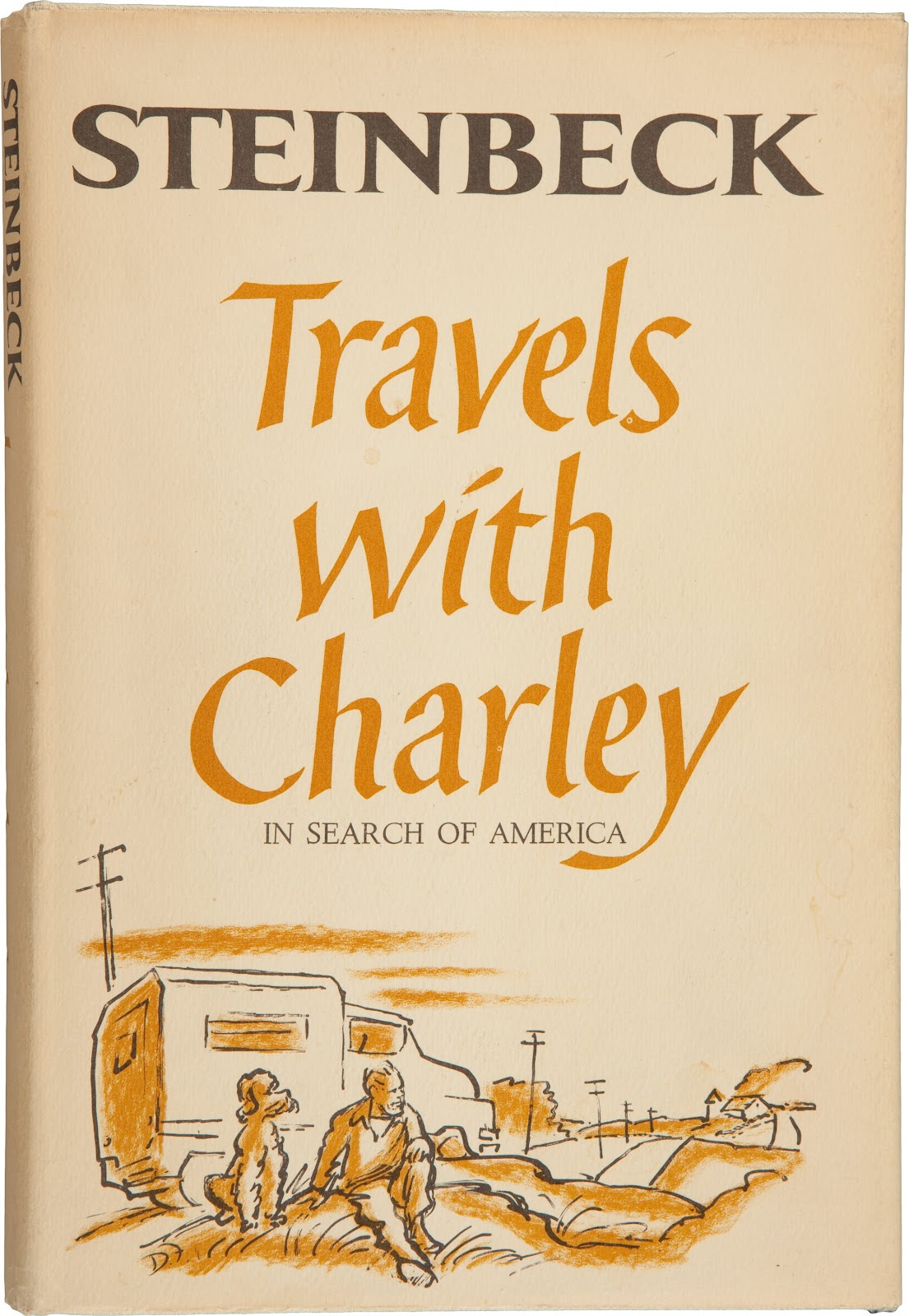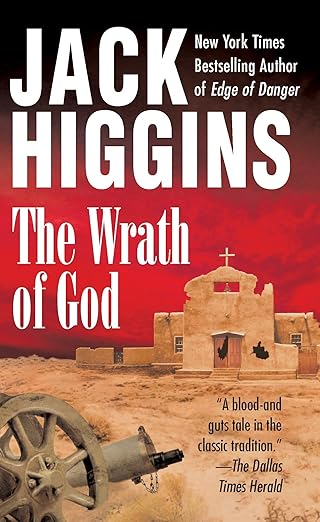“We must be polite. If we
look at the skin of a white man, he said, you can see how thin and weak it is.
Even such a small thing as words will bruise and cut it open.”—Conrad Richter, The Light in the
Forest.
That
quote is from the Pulitzer-Prize winning author’s 1953 novel, The Light in
the Forest.
The
novel is a tale of the Eastern Woodland frontier, particularly the story of a
young white captive who has lived with Natives for years and is being returned “home.”
Before
we plunge on, I must get the reader-rection out of the way. As fiction, I found
it a bit stilted, a bit too Rousseau “Noble Savage” in dialogue but in all
other particulars a fascinating read.
Richter
has done his research here, there was a marked number of “white” captives who,
once “freed,” escaped time and time again to return to what one would presume
to be a harsher life, a harsher culture, one with less amenities, and yet…
The
historical record gives us tale after tale of these dissatisfied “return to civilization”
citizens. It was so rife and common Benjamin Franklin remarked upon the phenomenon.
For
his tale Richter plunged heavily into firsthand resources, particularly Heckewelder
and Zeisberger.
In
more recent times, Sebastian Junger delves into the subject in his masterful Tribe:
On Homecoming and Belonging.
Let’s
allow Richter to set the stage for what he was trying to do with the novel.
This is from his preface.
The
author wants to acknowledge further his gratitude to those readers who have sensed
what he was trying to do--not to write historical novels but to give an
authentic sensation of life in early America. In records of the Eastern border,
the author was struck by the numbers of returned white captives who tried
desperately to run away from their flesh-and-blood families and return to their
Indian foster homes and the Indian mode of life. As a small boy he himself had
tried to run off to Indian country without the benefit of ever having lived
among the savages.
Not
that the novel represents the novelist's particular beliefs or opinions. He can
understand and sympathize with either side. His business is to be fair to them
both. If the novel has another purpose, it is to point out that in the pride
of our American liberties, we’re apt to forget that already we've lost a good
many to civilization. The American Indians once enjoyed far more than we.
Already two-hundred years ago, when restrictions were comparatively with us, our
ideals and restrained manner of existence repelled the Indian. I thought that
perhaps if we understood how these first Americans felt toward us even then and
toward our white way of life, we might better understand the adverse, if
perverted, view of us by some Africans, European, and Asian peoples today.
If
ideals and restraint repelled then, imagine applying that vision to the 21st-century
now when many do not participate in life—we allow tiny screens to stand in as
council fires, celebration dances, and face-to-face interaction—yet still “feel”
strongly for ideals that can survive in our absence, where the clickety clack
of a keyboard comment or thumbing an emoji icon “satisfies” as participatory exchange.
Richter,
Junger and others are telling us that often much of what we may see as boons
are chosen bars on a prison cell.
He
opens the novel with this extract from Wordsworth.
“Shades
of the prison-house begin to close,
Upon
the growing Boy,
But
he beholds the light, and whence it flows,
He
sees it in his joy.”—Wordsworth
Richter
asks us, to pay attention, to question all aspects of our “civilized” life to
determine, “Is this really a boon, or is it mere fashionable ideal? A
benefit or another brick in a self-constructed cell?”
To
be clear—the question is never useful in the abstract spirit…
“What’s
wrong with society today is…”
Or
in the other-directed spirit…
“The
problem with Ted is, he needs to…”
Questioning
our own prison-houses our own prison cells, our own habits, well, these are the
only questions that matter, as these are the only ones we can give answer to as
to whether they are useful or not, and we are the only ones who can choose to tunnel
out of this or that circumstance if we deem them idealized restraints.
Let
us look to a few mundane examples from the novel to give a flavor for how these
questions may provide an escape key if one is needed.
The boy was about fifteen years old. He
tried to stand very straight and tall when he heard the news, but inside of him
everything had gone black. It wasn't that he couldn't endure pain. In summer he
would put a stone hot from the fire on his flesh to see how long he could stand
it. In winter he would sit in the icy river until his Indian father smoking on
the bank said he could come out. It made him strong against any hardship that
would come to him, his father said.
To be clear I do not think such practices are necessary,
but I do find that practices of purposeful hardening/robustification can a
long way towards the improvement of both the physical and mental character.
Notice, the novel’s example was not to improve cold tolerance
or heat tolerance per se, but to teach “strength against hardship.”
I know many a cold shower practicer, many a sauna user
who tout the health benefits yet still bitch about politics, traffic, and the most
baffling of all, the weather.
One would assume that robustifying to hot and cold was
intended to robustify beyond the mere Instagram game of the practice.
It is either of value, or it is not.
Seems integration to the whole is the thing.
Seems the Spirit is the thing.
Never would he go to this enemy land. How
could he exist among a race of aliens with such slouching ways and undignified
speech! How could he live and breathe and not be an Indian!
Slouching ways and undignified speech are hallmarks of
many of the accounts from true journals.
Thought Experiment:
If we possessed a time machine, would we expect to see more slouching then or
now?
More dignified speech, then or now?
I shall lift my head from my smartphone after keying
in my dignified emoiji and ponder the question.
The Indian and deer would wither and die
in such confinement, but the white men flourished in these stale sickly air of
his house like fleas in his wall and borers in the cabin logs. He could arise
refreshed from a suffocating bed of feathers high as a turkey roost off his
mother, the Earth. He could even survive that instrument of torture called a
bolster, which bent white people from the straightness of the Indian, curving
their necks forward like a cranes.
I offer, how many complaints of a poor night’s sleep
are relics of the “necessities of sleep” pillow configuration, blanket weight,
mattress tone etc.
Not saying they are a net bad, just saying how many
are surprised what a weekend’s backcountry camping does to the usual around the
coffeepot, “I slept for shit last night” complaints.
Later Andy Goff, the shoemaker, arrived.
The tailor’s fitting and fussing had been trial enough, the clothes he made
were ugly as Alec’s. But the shoemaker was worse. The boots he pounded out
there like half-hollowed logs. They gripped the boy's feet, wedged his toes,
cramped his ankles. He felt that he stood in millstones. How could white men
endure such things when they might run light and free and moccasins?
I know a man, a Good Man, who wears combat boots
day-in, day-out. Be it for fashion cache or a blinkered, “I’m tactical
ready, man!” I do not know.
I also am privy that he has complaints of foot
problems, that he self-confesses to running and jumping poorly.
Again, no argument against footwear. I wear shoes.
Just reminding us how wide we should ask our questions
about possible prison-houses.
On the seventh morning he must sit, a
captive between his father and Aunt Kate in what they called the Great Spirit’s
lodge, with the strong scent of the white people and their clothing about him.
The whites were very childish to believe that the God of the Whole Universe
would stay in such a closed up and stuffy place. The Indians knew better--that
the great spirit loved the freedom of woods and streams where the air blew
pure, where the birds sang sweet, and nature made an endless bower of praying
spots and worship places.
An idea that pops up in true accounts again and again.
It sings to me, everywhere is a praying spot.
Everywhere is a Gratitude Spot.
Everywhere is a Seeing Spot.
Each Step is a Sermon.
It is novels such as this one, true accounts such as
those I have mentioned that fuel my own Stepping Sermon.
Be it Old School Rough n Tumble Combat, Old School Physical
Culture Conditioning, every day is THIS day, or even my living out my boyhood
Tarzan jones by looking to real ones who lived in contact with life lived raw.
We must ask our own questions.
We must experiment with life outside of the
prison-house to determine the answers to those questions.
Keep those habits that sustain.
And kick off those that don’t fit like a pair of
millstone boots.
Mabitsiar’u Pab’i tua’su Pats’i!
[Comanche: Respect/Honor, My Brothers & Sisters!]

























